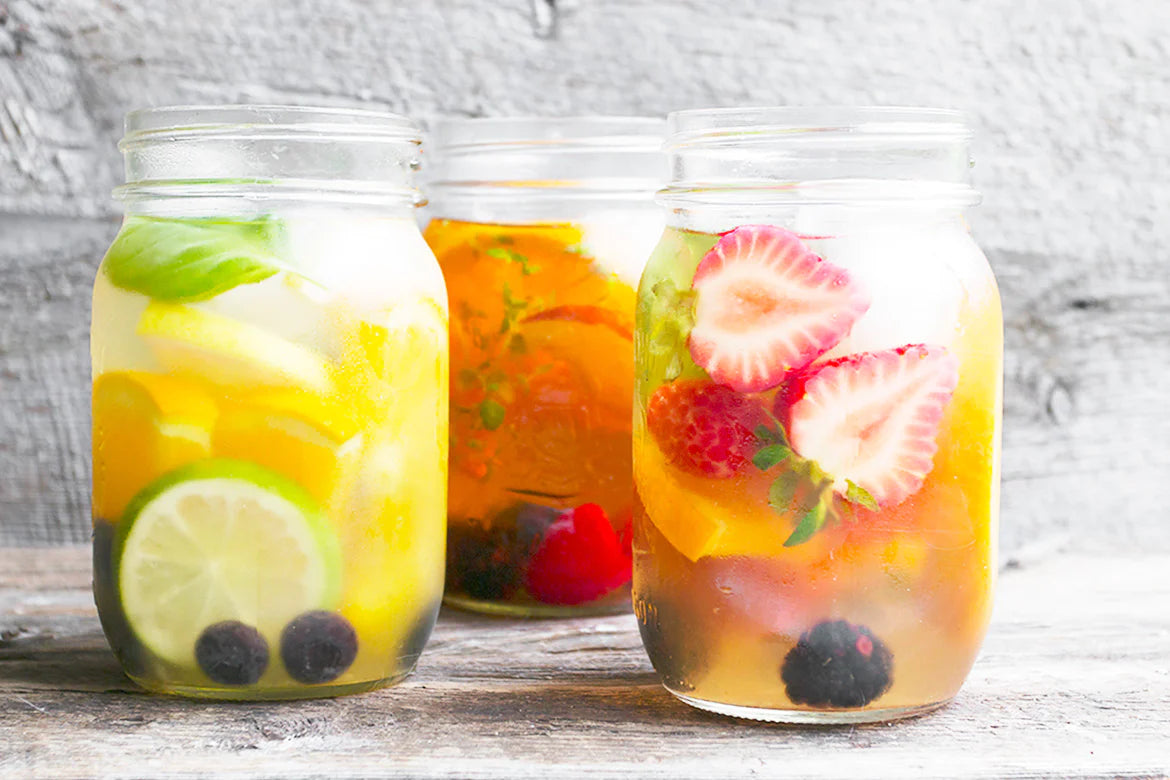What Are the Sneaky Diet Saboteurs?
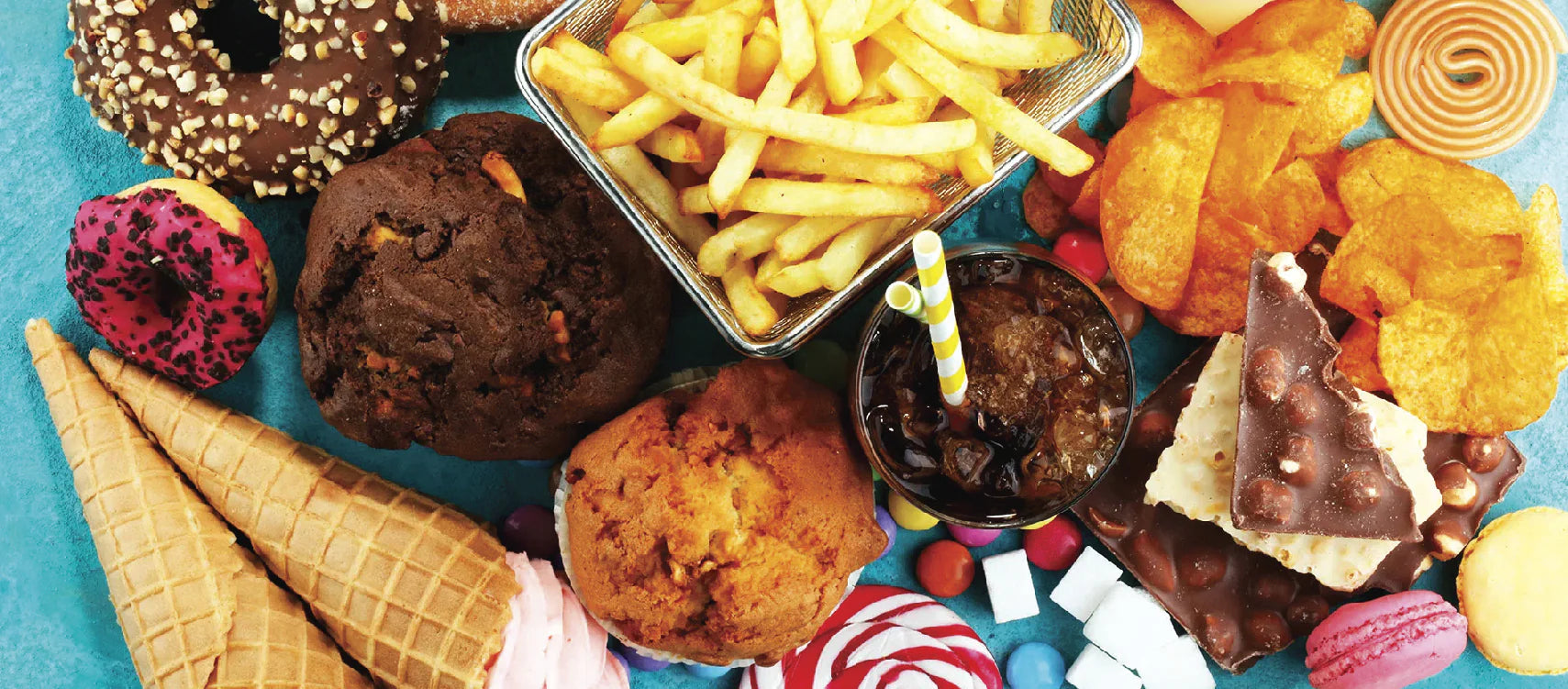
Cutting the junk from your diet is the first step towards your healthy weight, but sometimes, the healthy foods you swap in are surprisingly high in fat and calories.
That's whyserving size matters - even when it comes to fruits, nuts, yogurt, and salads
So STOP sabotaging your diet!
Follow our guide to healthy—but sneaky—foods. Health friendly swaps and serving sizes follow, making it easier to indulge in meals that pack the best nutritional punch.
NUTS
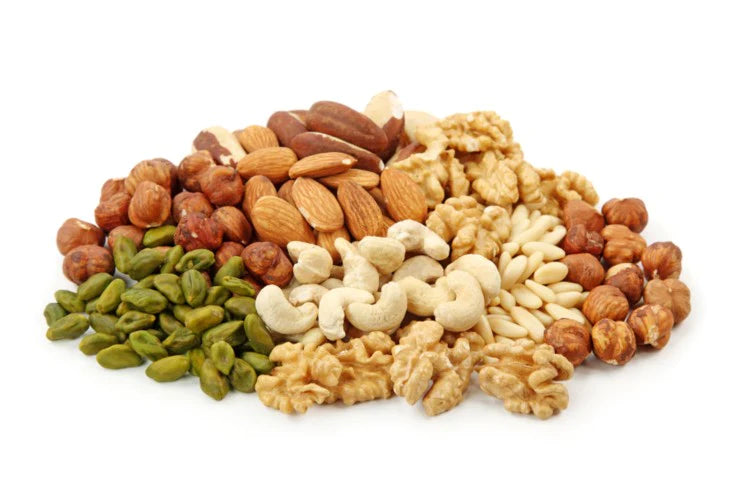
RED WINE
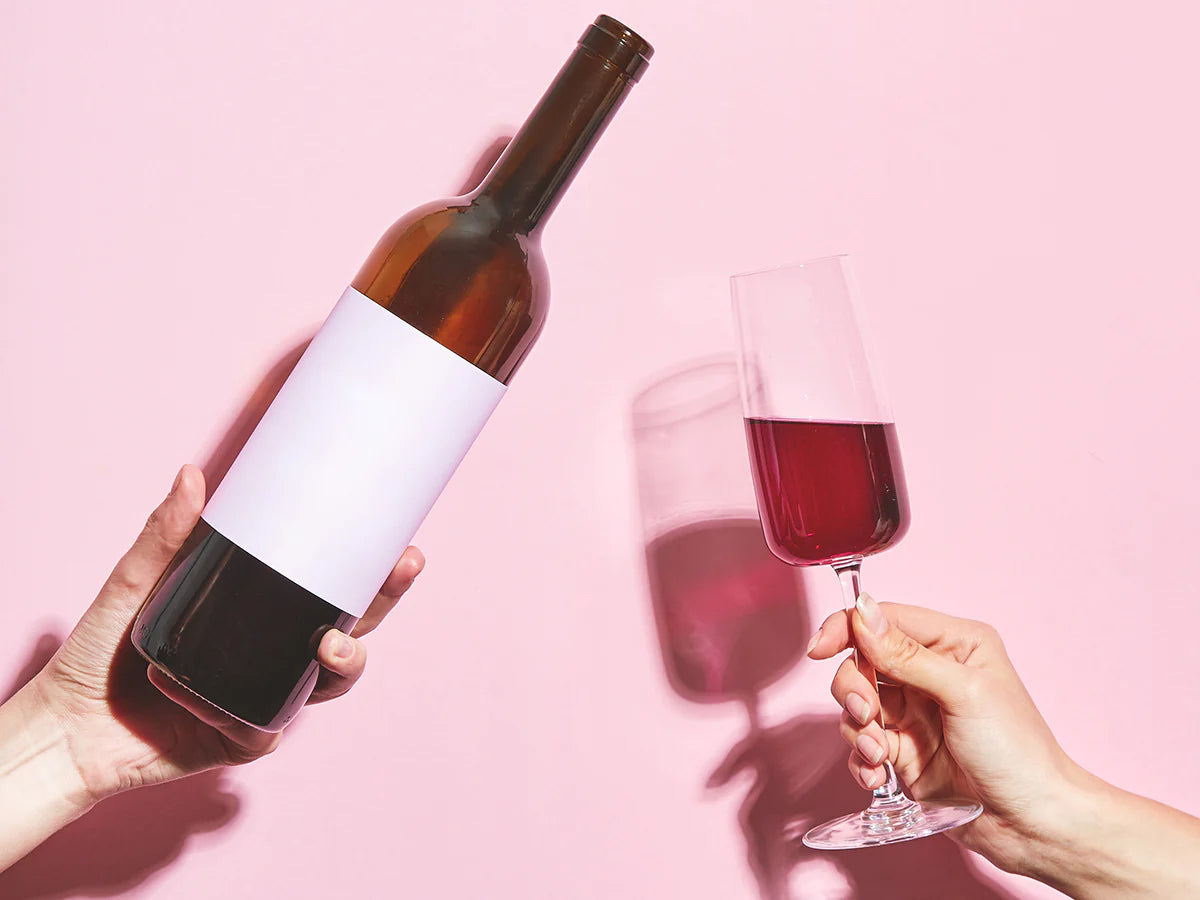
AVOCADO
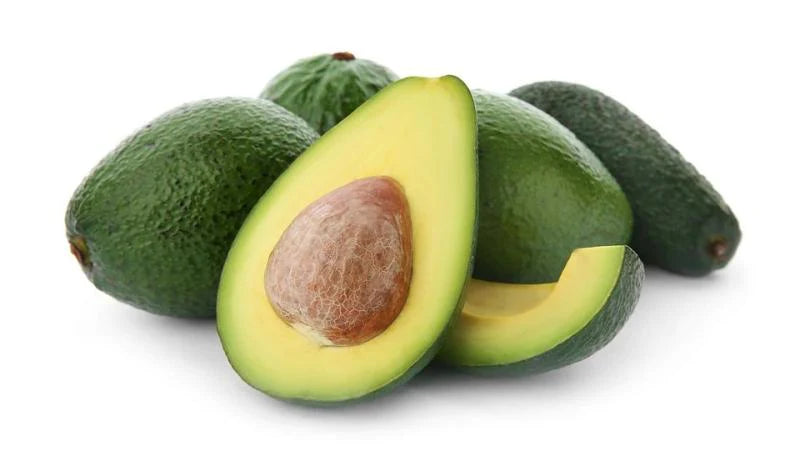
CHOCOLATE
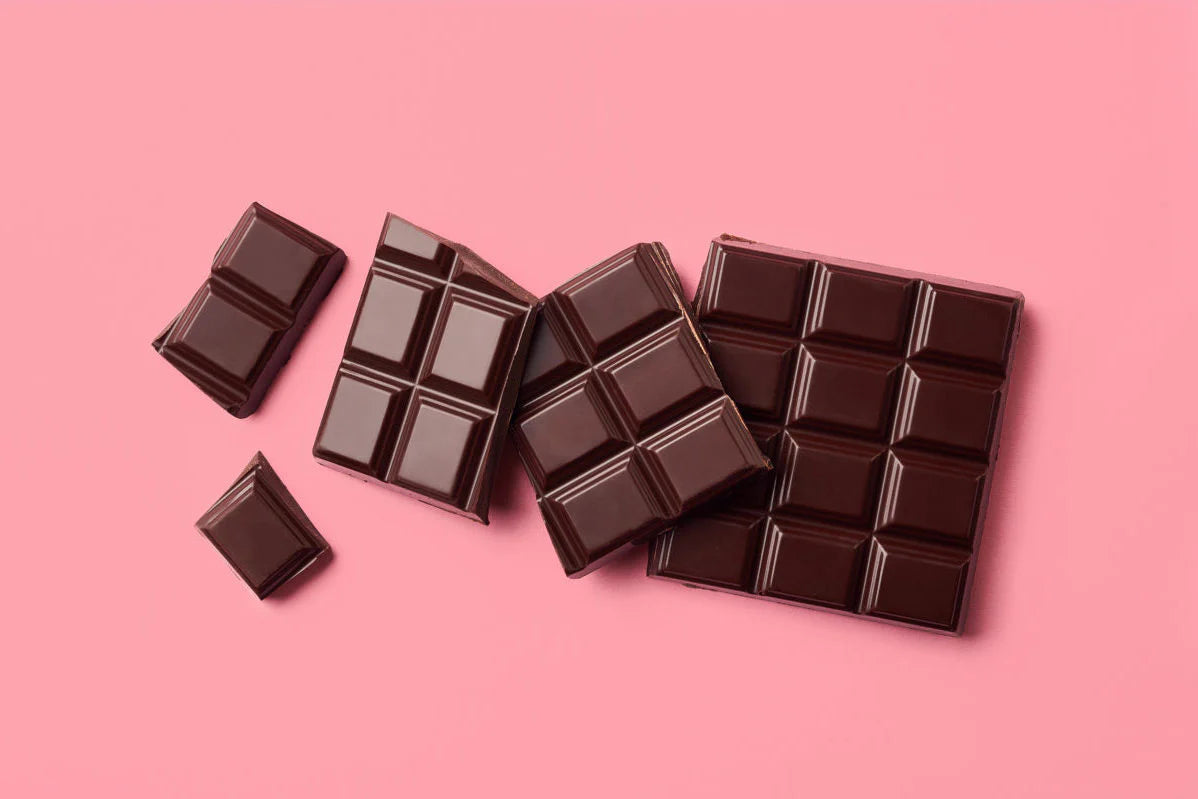
DRIED FRUIT
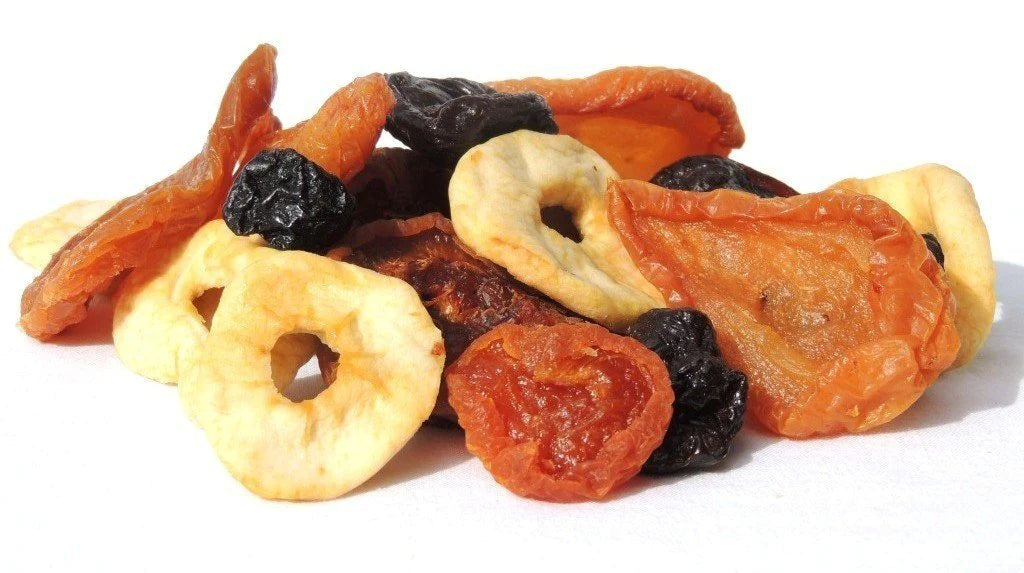
YOGHURT
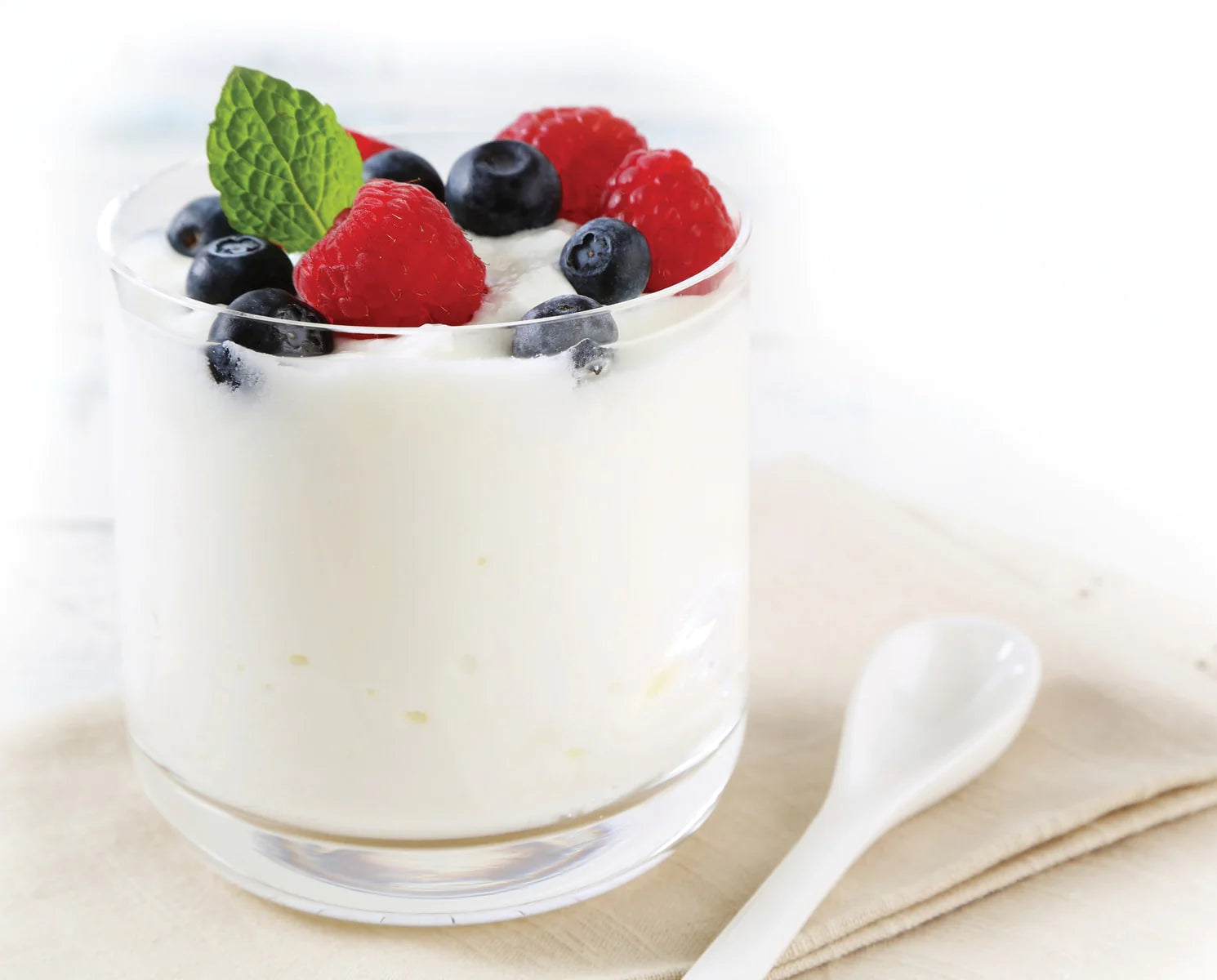
GLUTEN-FREE PACKAGE FOOD
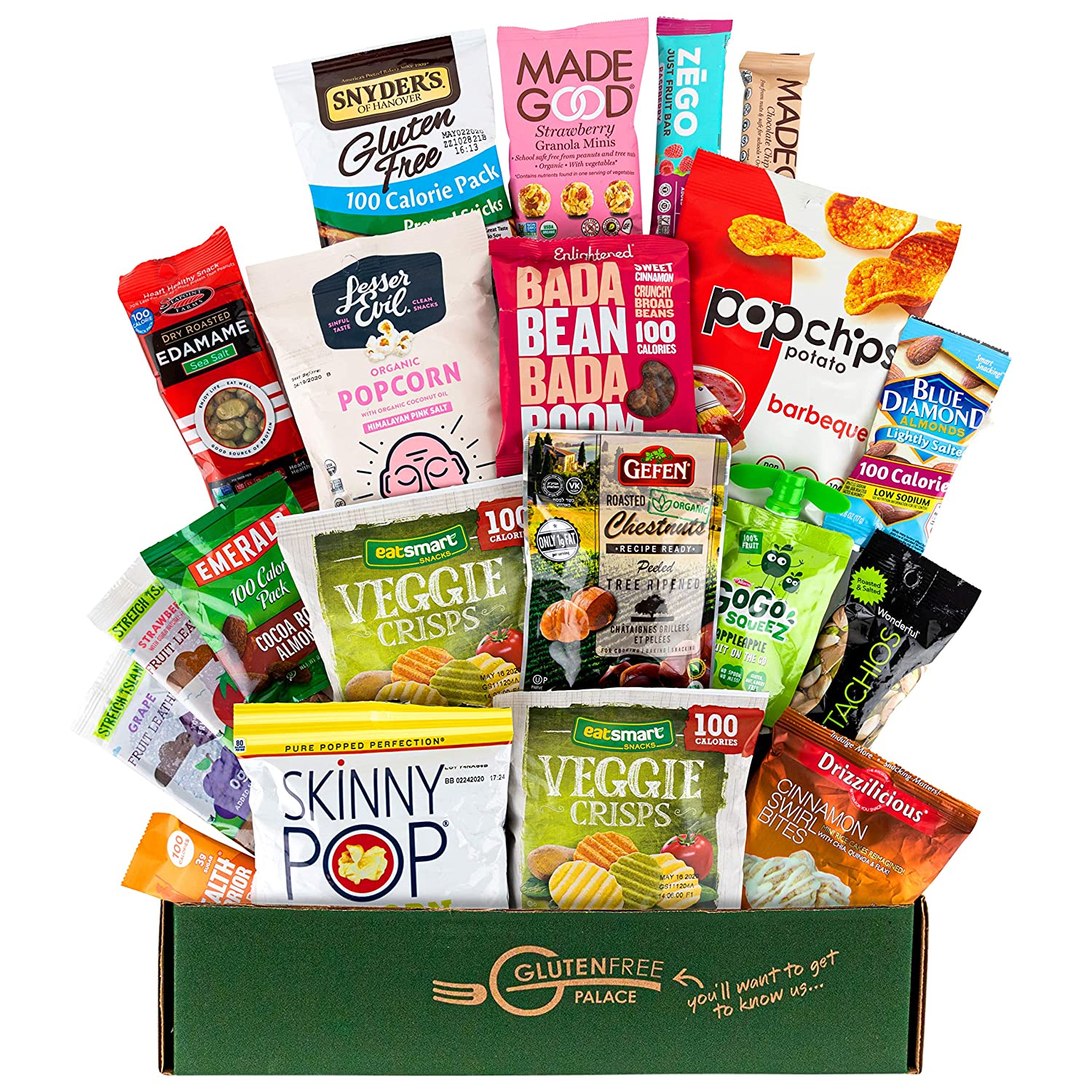
COFFEE
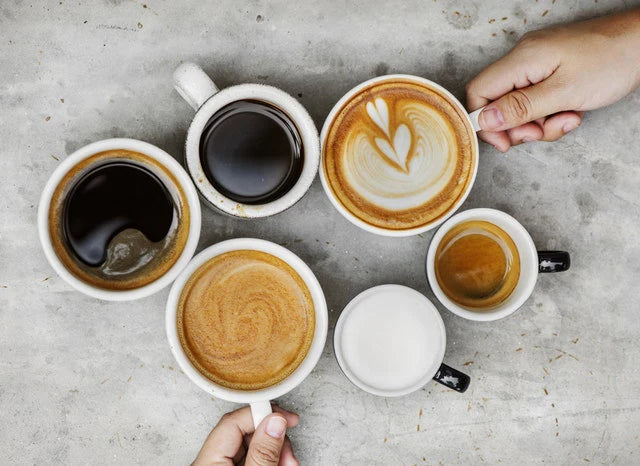
ICED TEA
